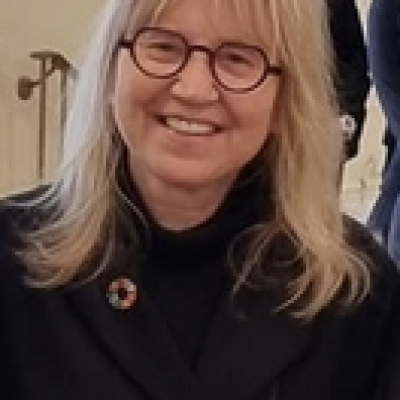Sessions / Task-/Project-Based Learning (TBL/PBL)
Teach Business English Responsibly: Case Studies for Social Responsibility and Sustainable Development #2746
This presentation reports on a newly implemented Business English curriculum utilizing business case studies focused on corporate social responsibility (CSR) and the U.N.’s Sustainable Development Goals (SDGs). Seven intact “Career English” university classes participated in a semester-long course following the new curriculum. Preliminary findings show that the course increased student motivation, interest, and engagement, as well as practical knowledge of business English and the ability to communicate in business settings. Grounded in task-based language teaching, case studies require learners to critically analyze real-life problems faced by companies, develop feasible solutions, and suggest courses of action. In the language learning classroom, this method gives participants the opportunity to enhance communication skills, negotiate meaning, learn business discourse and correspondence, and critical thinking. Furthermore, case studies meaningfully integrate content and language learning. For this course, learners were asked to investigate a company’s CSR policies and propose solutions that contribute to the SDGs.
Technology in CLIL Model United Nations Preparation and Simulation #2984
This presentation will outline a description, rationale and analysis of the historical evolution of technology use in CLIL project-based Model United Nations (MUN) team taught ELF (English as a lingua franca) classes at a Japanese university that includes participation in a simulation with students from other universities in and outside of Japan. In a MUN experiential learning program, students gain knowledge in the workings of the United Nations (UN) as well as contemporary international issues. It provides students with a forum to develop and use skills in diplomacy, negotiation, critical thinking, compromise, public speaking, academic writing, and research. MUN during the COVID pandemic has changed from technology enhanced to technology dependent. Technology for a combination of asynchronous and synchronous learning has increased the quality and quantity of interaction between students, instructors, and content as students in the preparation process and simulation need to become active learners, participants, and contributors.
Teaching English Listening and Speaking Through Service-Learning in Southern Thailand #2780
The study reports on a service-learning project of psychology students at a university in Southern Thailand under an English listening and speaking course. The learners created a set of multilingual materials addressing the issues of their local communities, deploying the CREDIBLE approach and Positive Discourse Analysis, a complementary approach to Critical Discourse Analysis. The project addresses online-learning stress among university students by analysing the discursive strategies employed by successful campaign materials engaging in similar issues. A survey of online-learning primary stressors was also conducted. The discourse analysis and survey findings were used in the students’ designs. The materials were a set of multilingual informational posters on stress and a relaxation video for managing stress. The learners demonstrated their spoken English skills through constant negotiations and oral academic reports. The paper serves as a viable resource for integrating service-learning in English listening and speaking skills.



